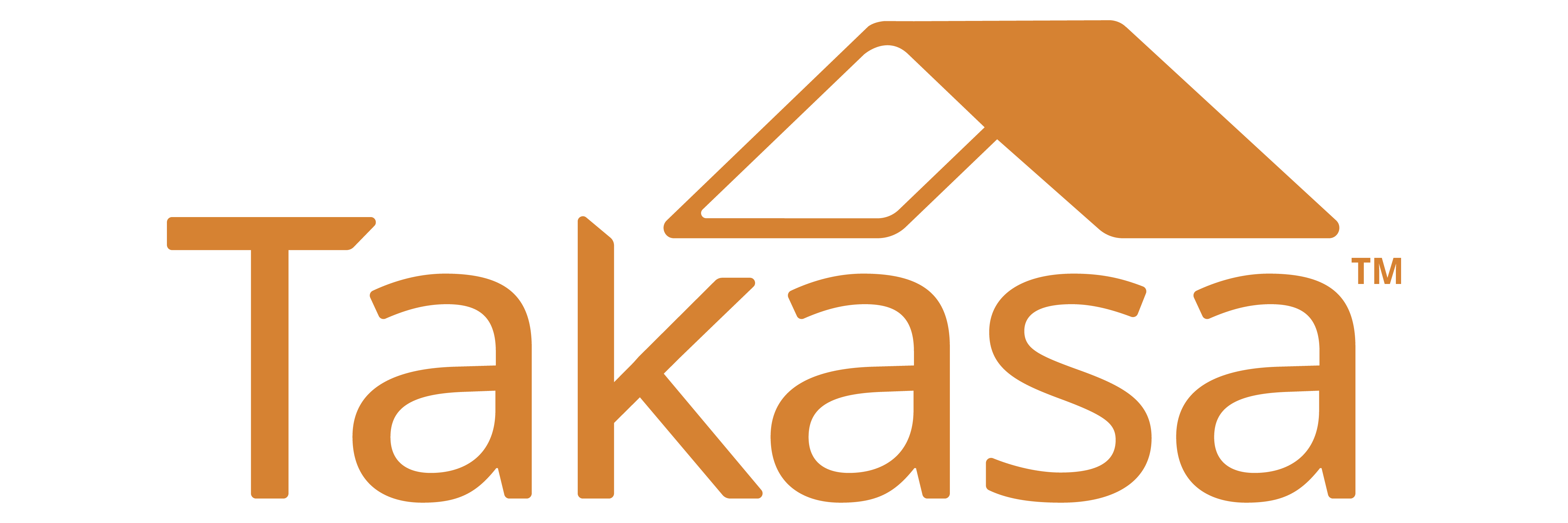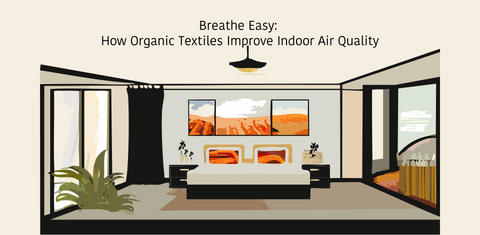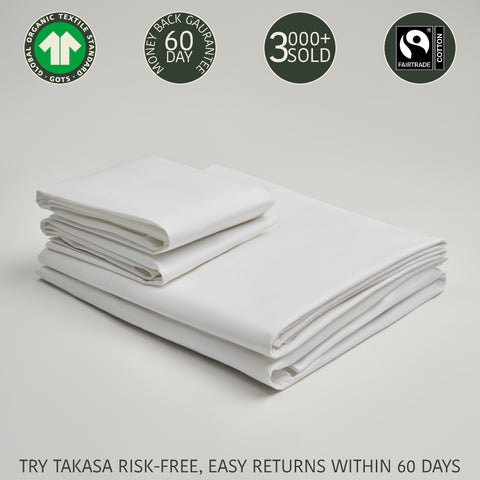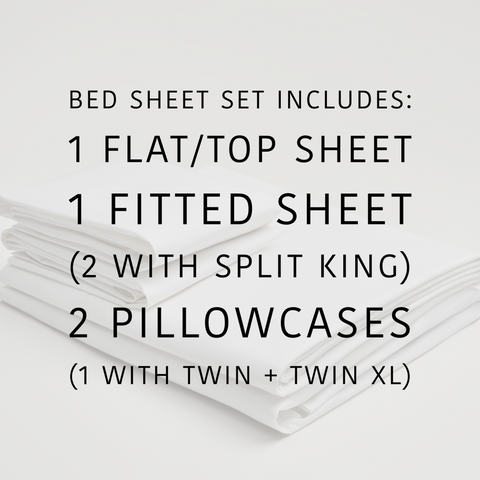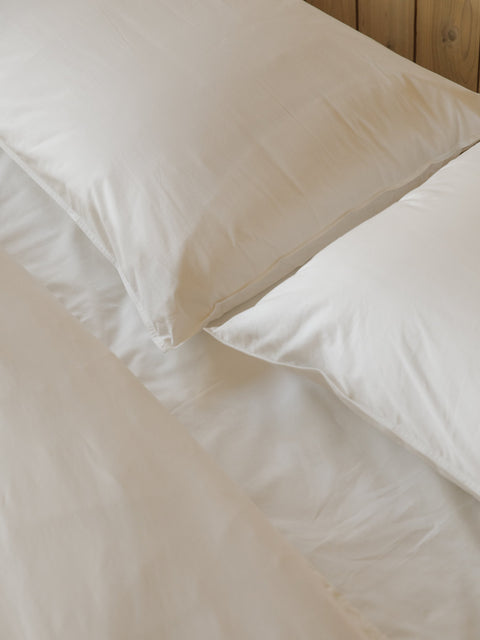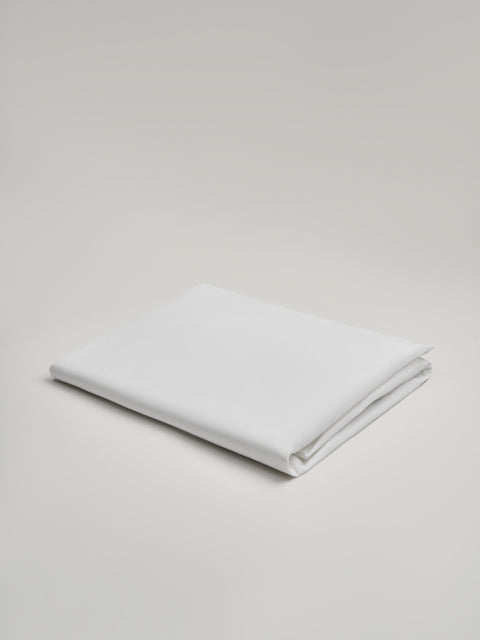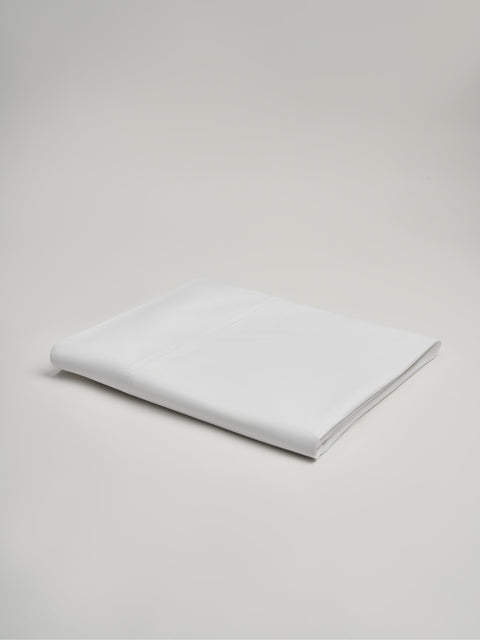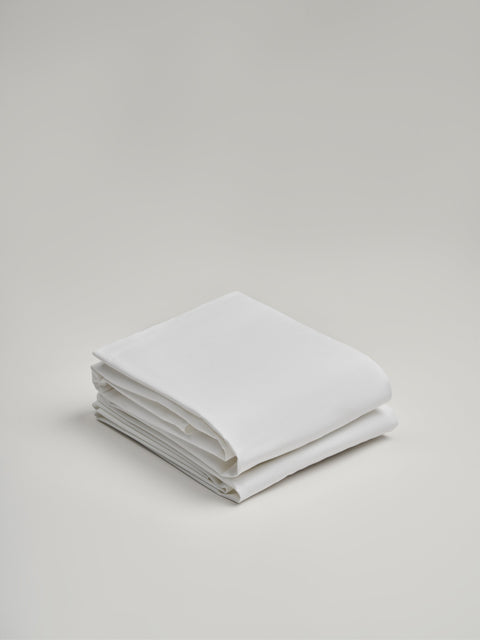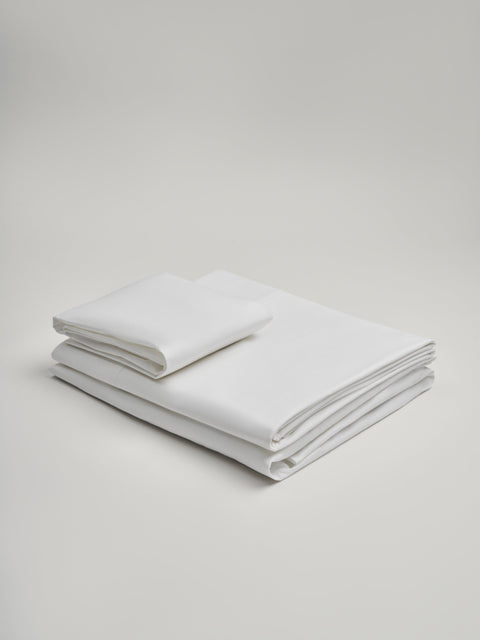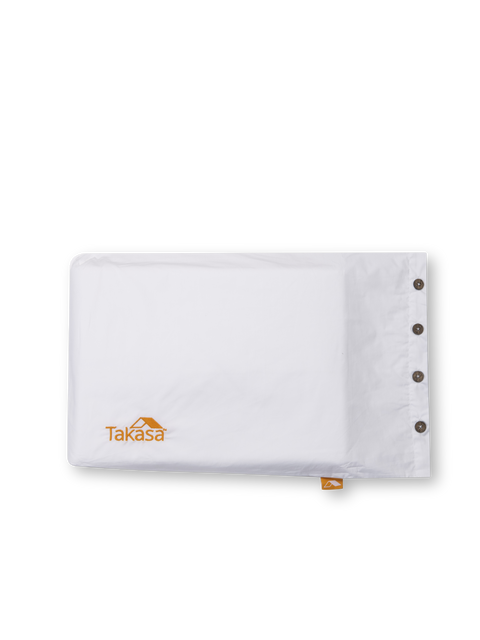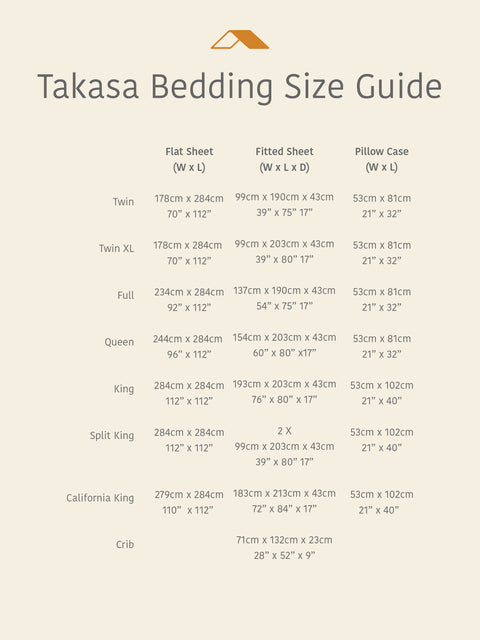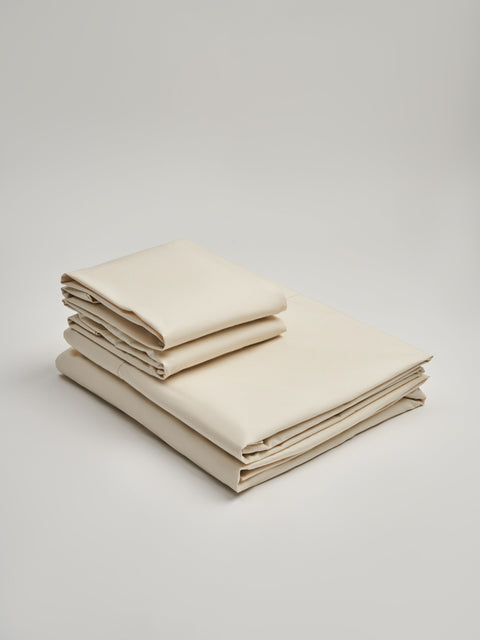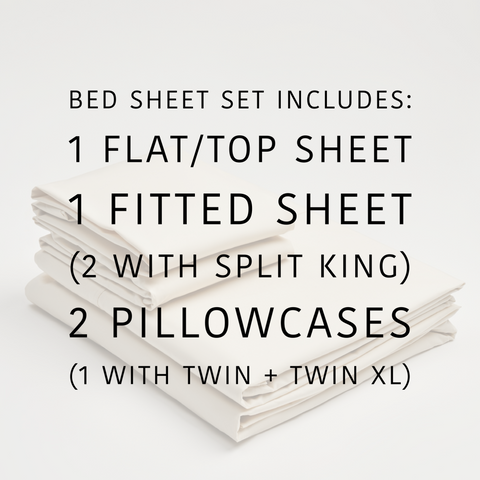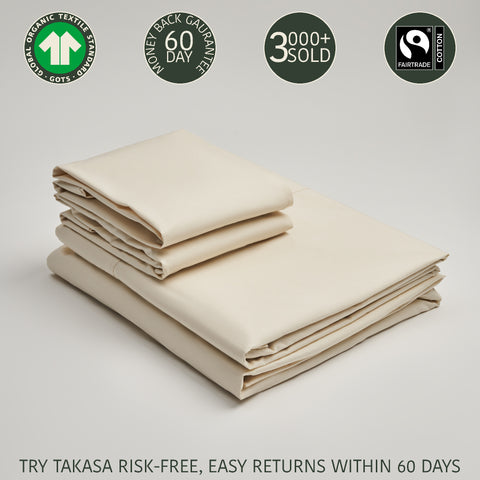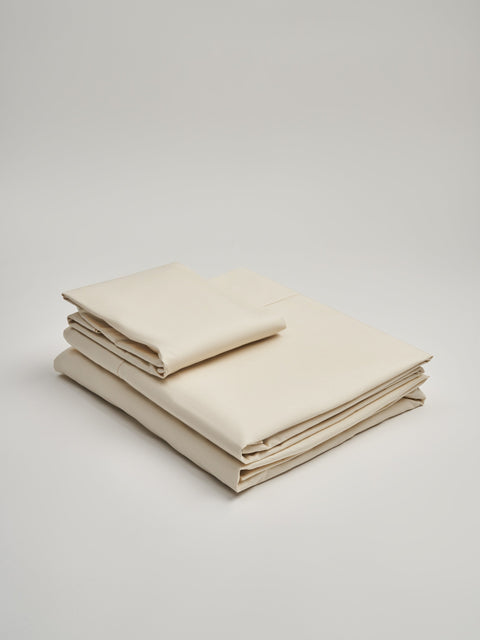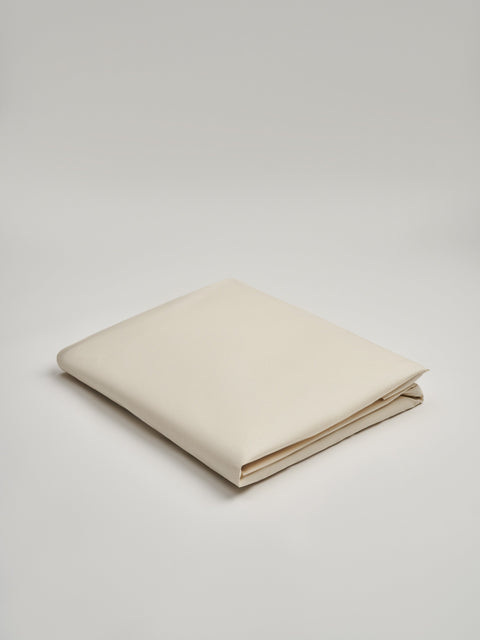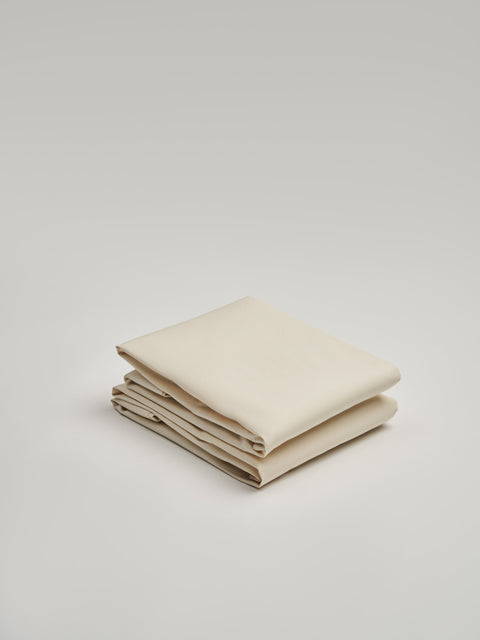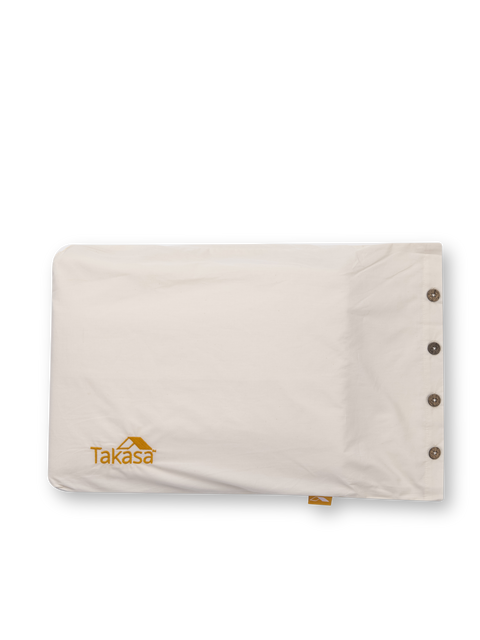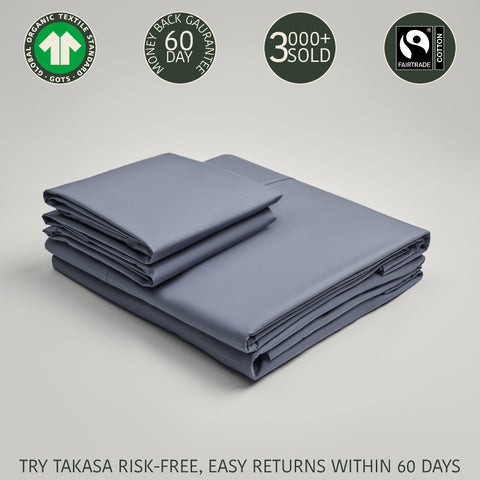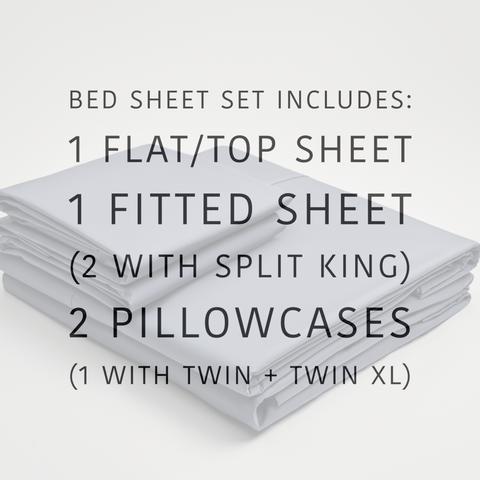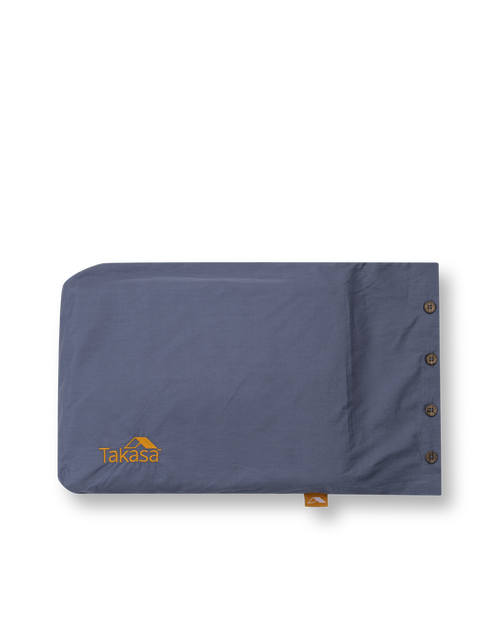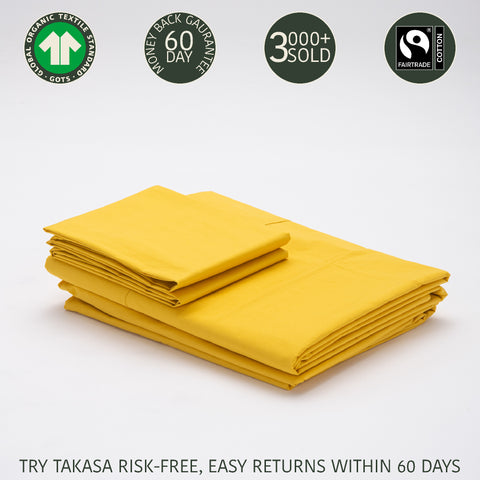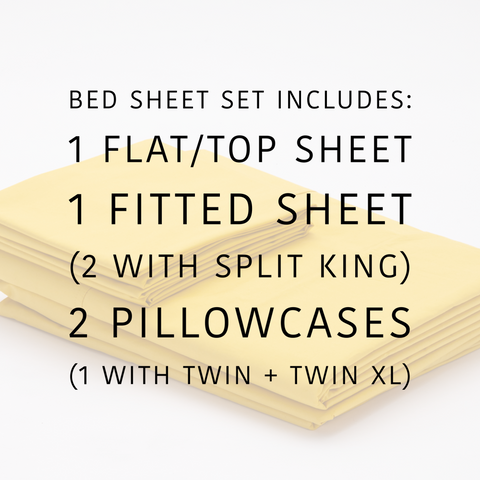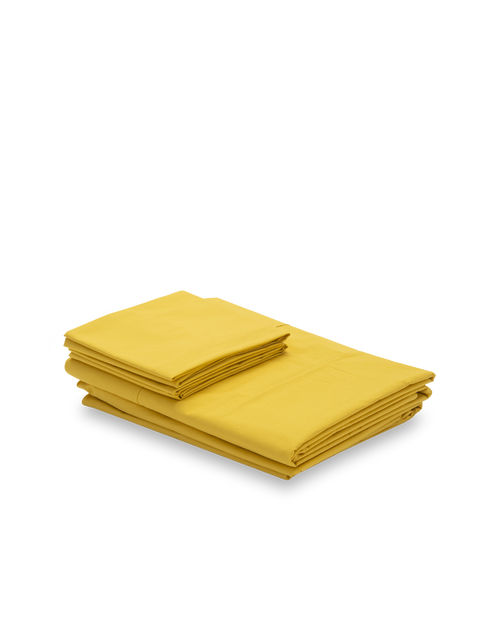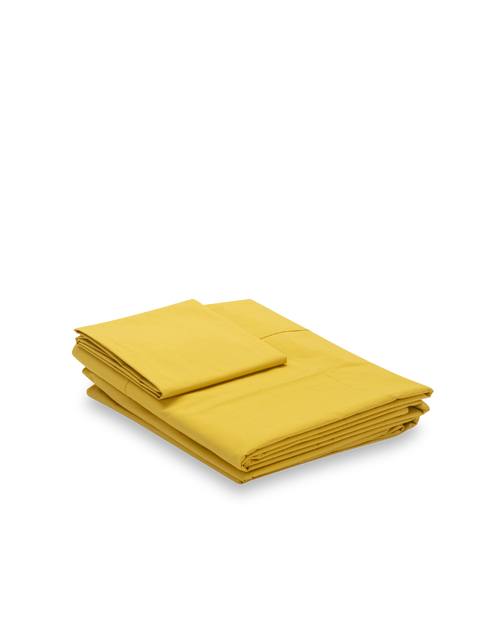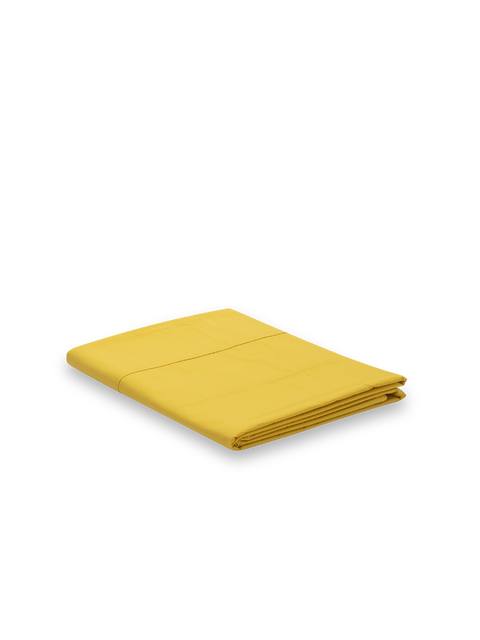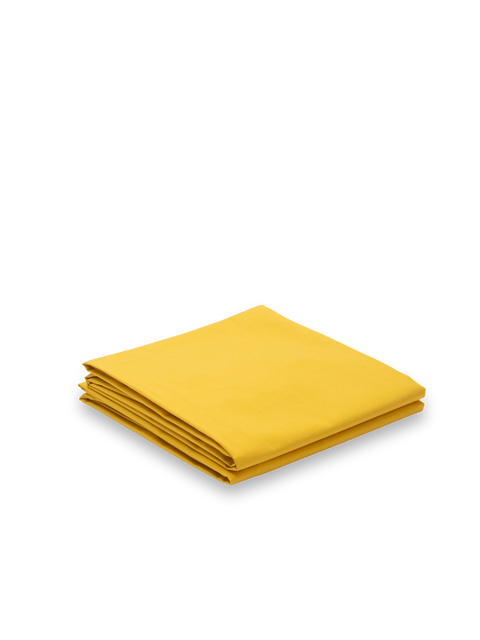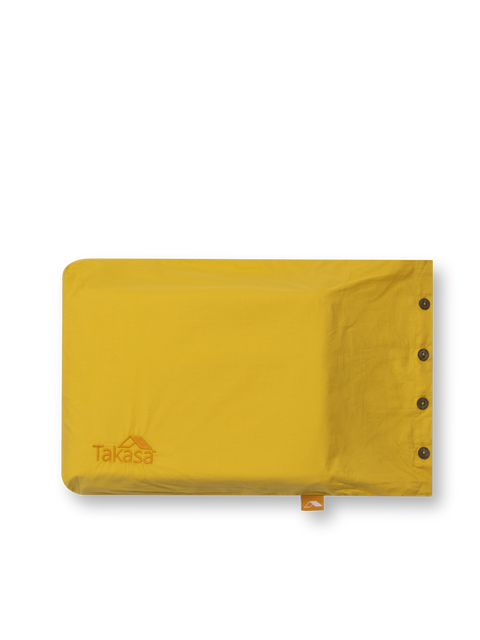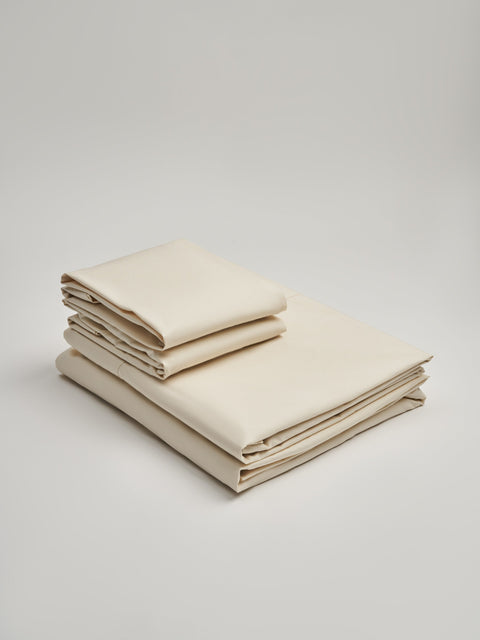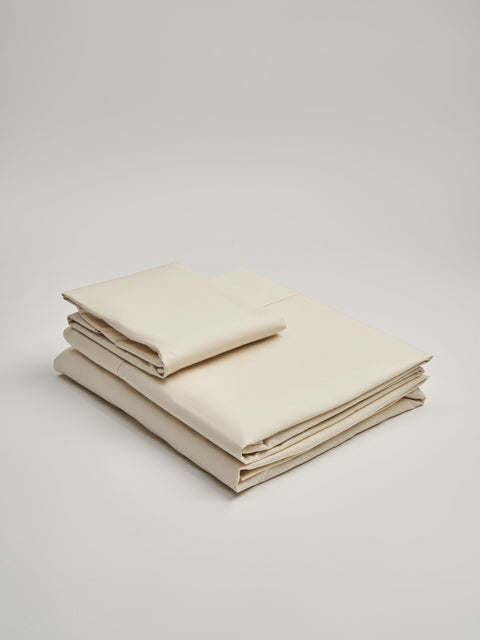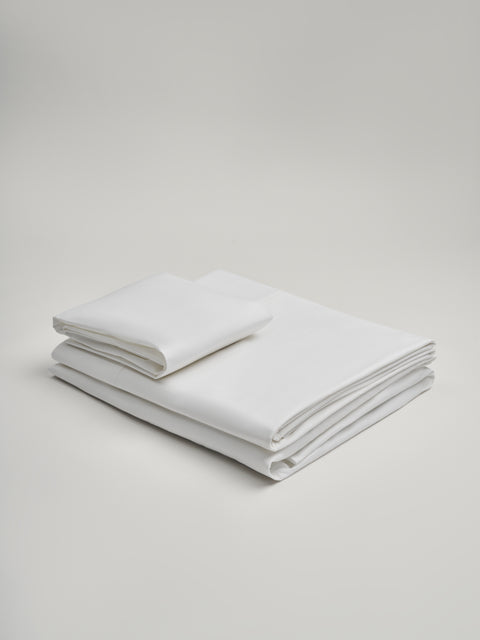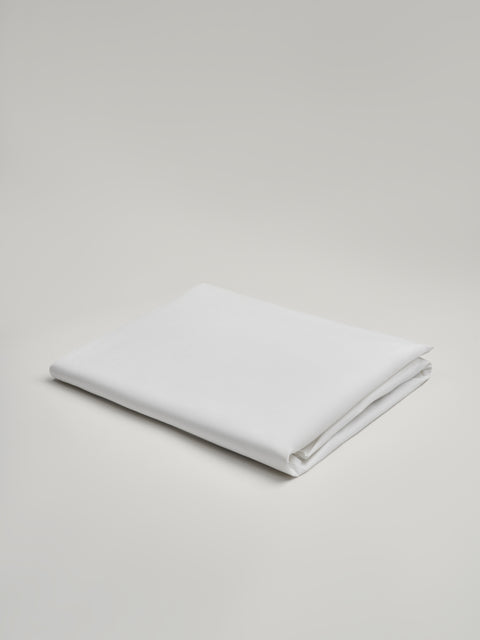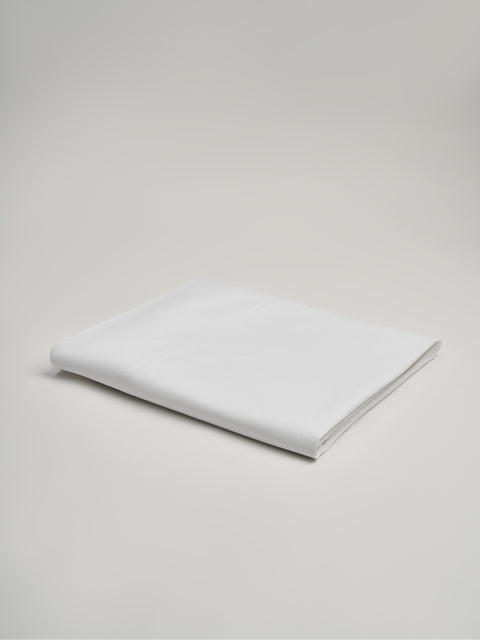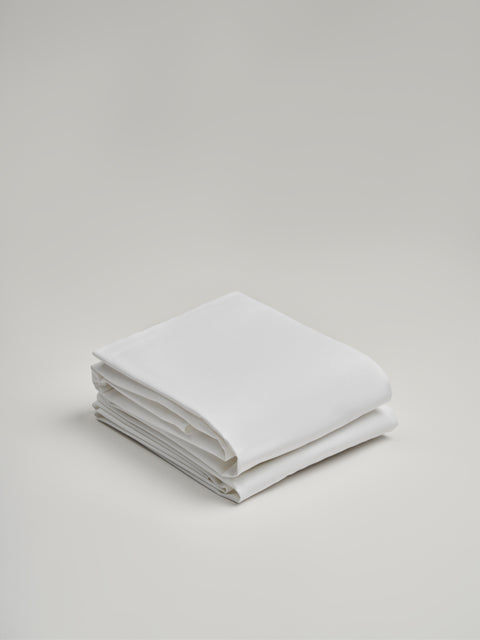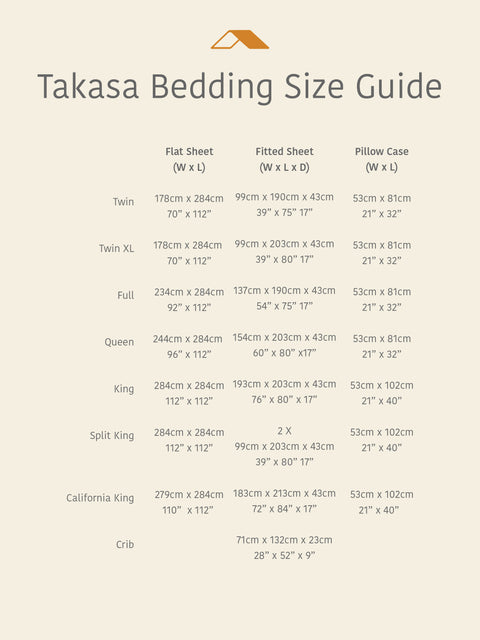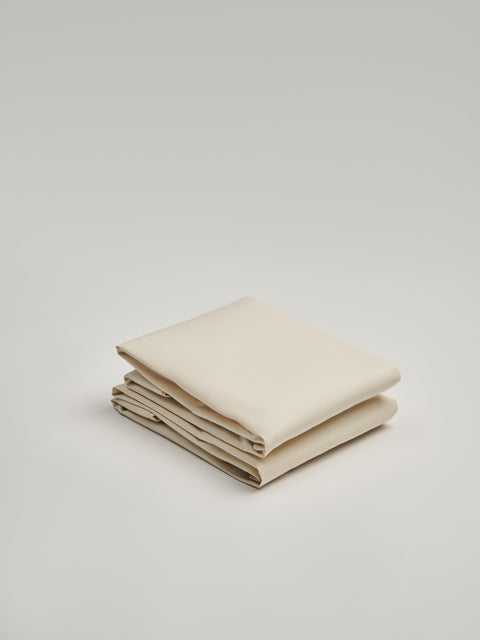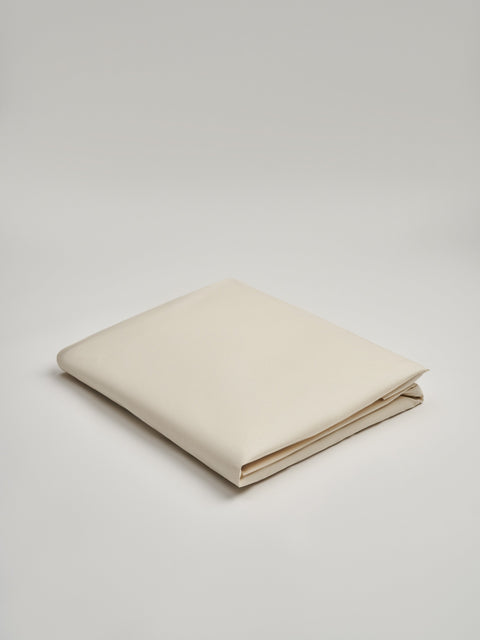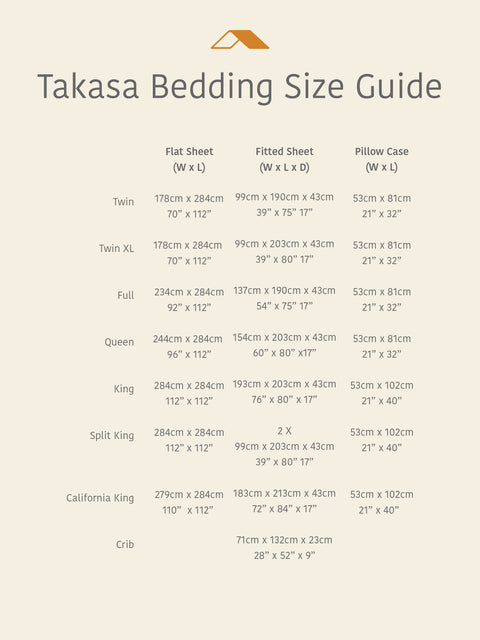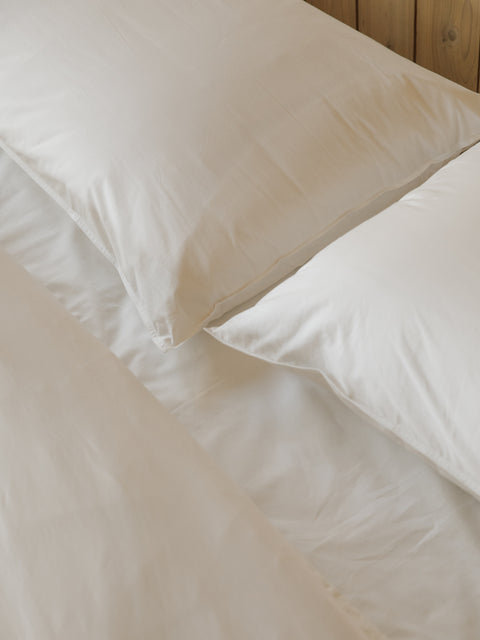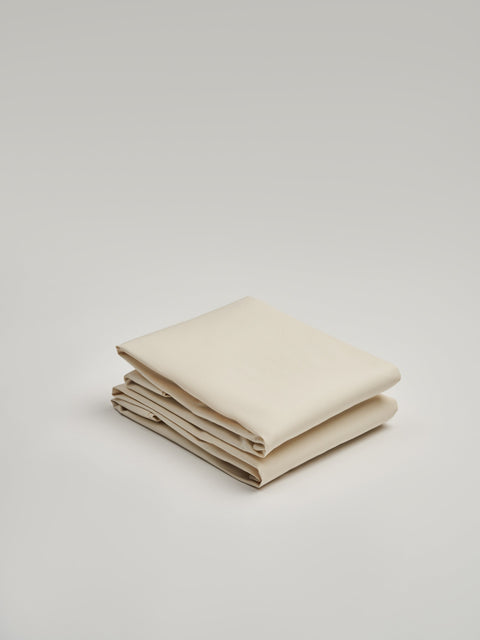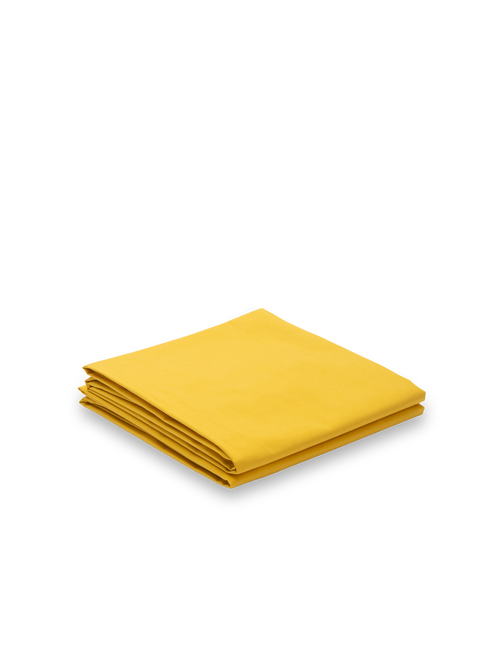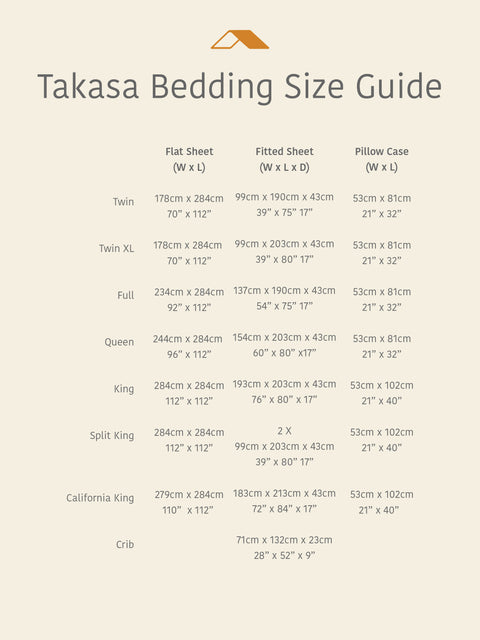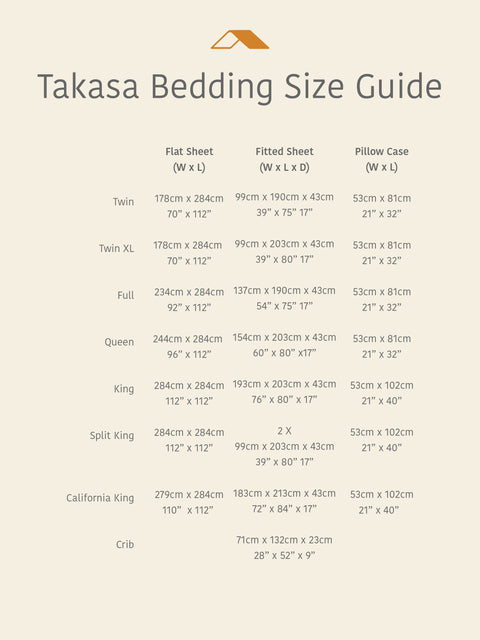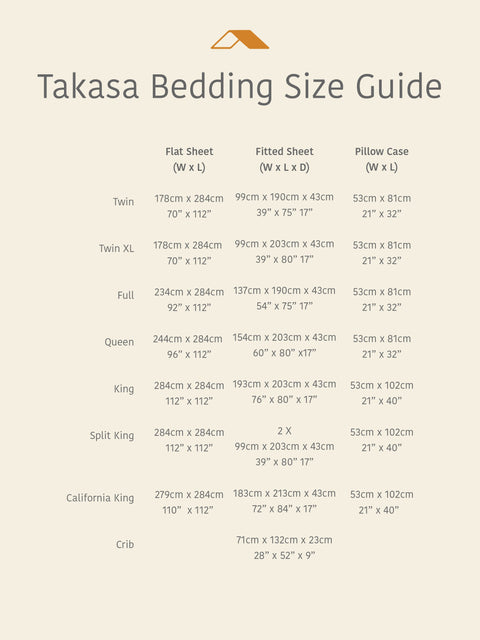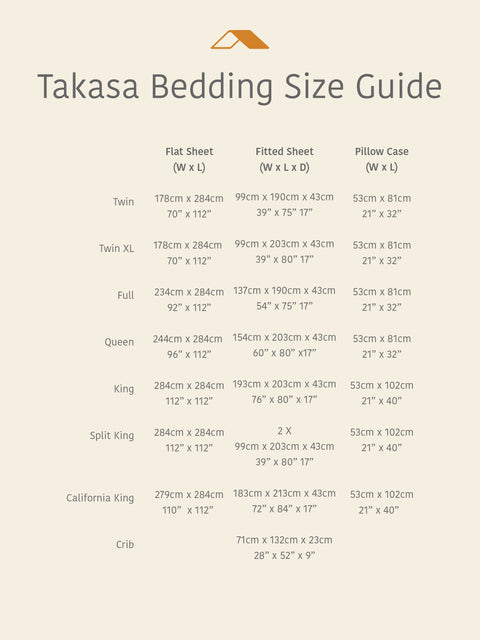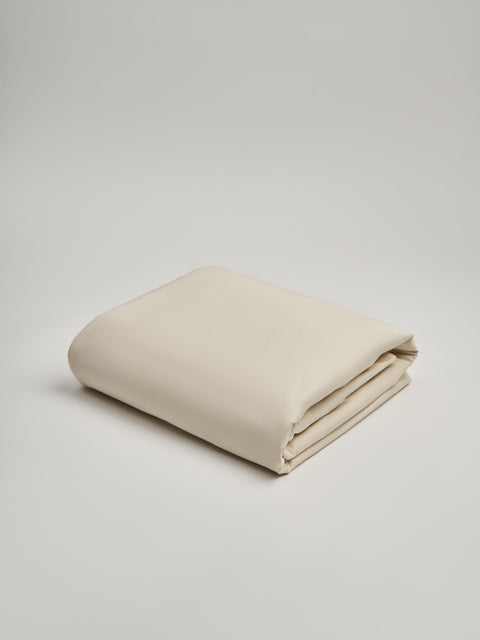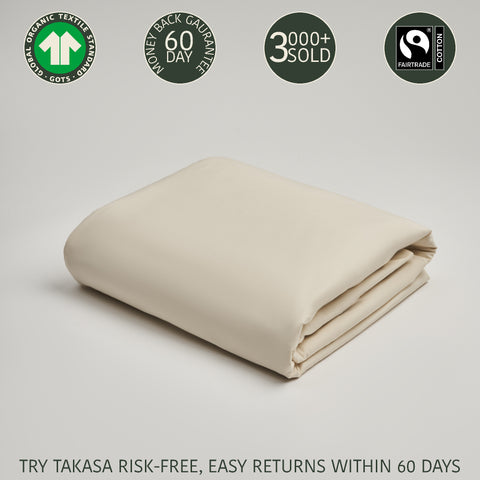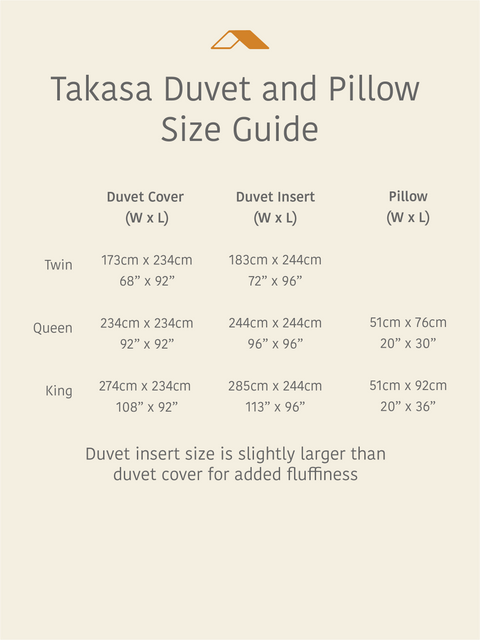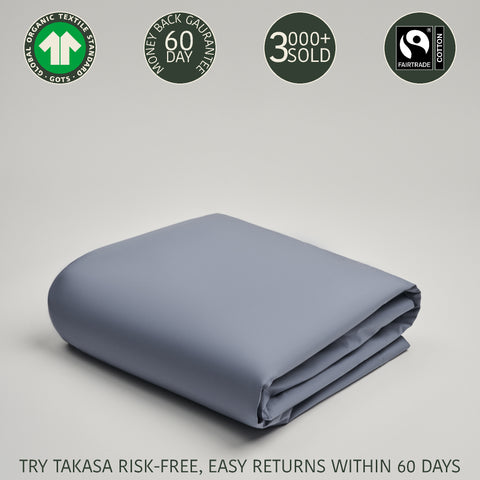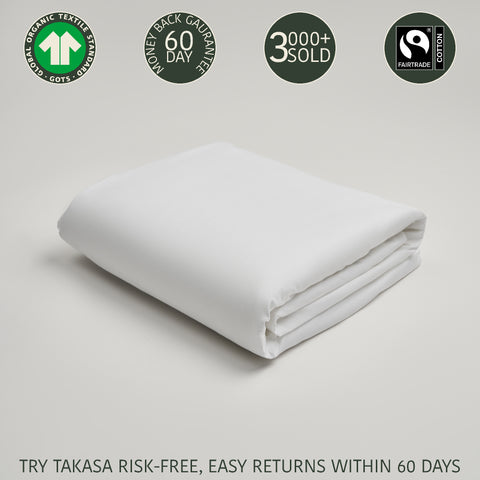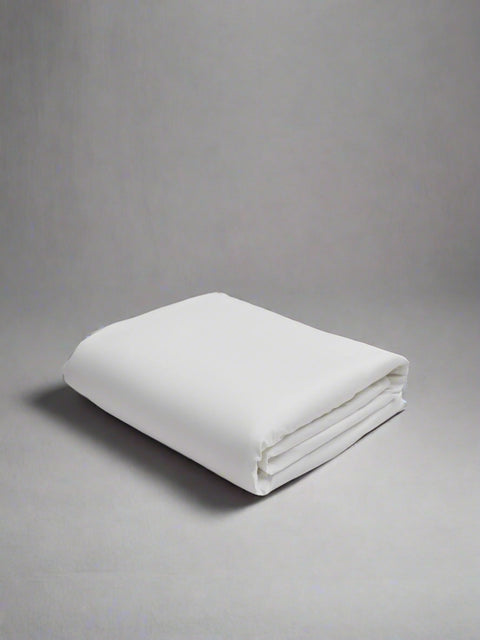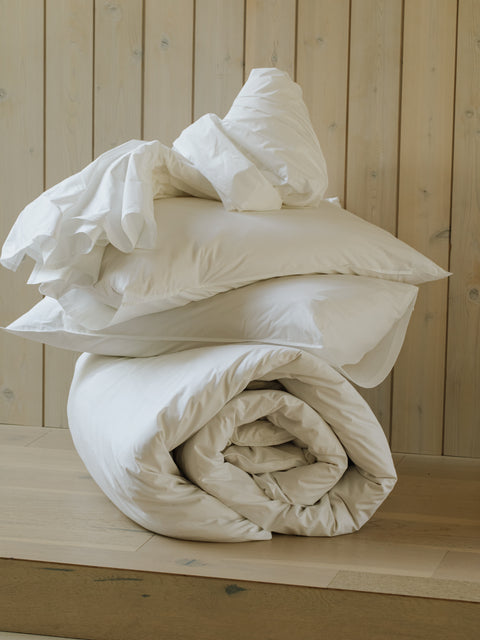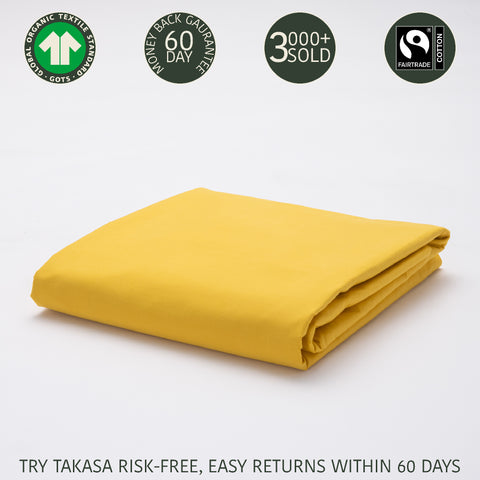about us
Takasa Lifestyle Company Inc. - a BC Benefit Company - is a socially and environmentally responsible textiles business, crafting homewares that are organic, ethically sourced and manufactured using environmentally safe methods, ensuring no use of harmful dyes or chemicals. We are based in Vancouver, British Columbia.
our why
Our Takasa journey started with becoming parents and consciously making eco-lifestyle changes. Having children made us think more about how we shop.
As we looked deeper into industry, it became increasingly clear that industries such as textiles are in the midst of a deep moral and ethical crisis. We thought about cheap overseas labour that is continuously exploited under abysmal working conditions. We also read that traditional methods of manufacturing cotton consist of harmful insecticides and pesticides.
We didn’t want our shopping habits to amplify these issues. So we decided to make changes. When we couldn’t find what we were looking for, we decided to take action. We applied our combined skill set towards the objective of promoting environmental responsibility. We made it our mission to deliver goods and services that add value to people’s lives.
true story
Generations of the past never thought about this stuff. Back then, most people didn’t understand what 100% organic cotton was, and they didn’t think about the processes that went into making the products they purchased. They didn’t have the information available to them. But now, we do.
now we know
We know that toxic dyes and chemicals used in farming are harmful to the earth and the people who come into contact with them.
We know that our environment is fragile, and the choices we make today will impact what’s left of this earth for generations to come. But with so many products out there, how can we ensure that what we’re buying is a better choice? That’s where Takasa comes in – we want to make it easier for everyone to make conscious choices without compromising on quality or comfort. Because access to natural, fair trade products from a brand you can trust should be available to us all.
our goal
We started Takasa with the goal of providing end-to-end organic, natural and clean lifestyle choices to mindful consumers.
Based in Vancouver, BC – and with roots in India and Kenya – we set out to create Canada’s first Global Organic Textile Standard (GOTS) and Fairtrade Canada certified homewares brand.
With a passion for exceptionally high quality materials and socially conscious manufacturing processes, we’re focused on combining thoughtfully designed premium products for those who value beauty, durability and sustainability.
our awareness
At our core, we are deeply connected with nature. You’ll see it in everything we do. From the natural processes used to create our homewares, to the natural look and feel of our products, to the nature-friendly causes we choose to support. Caring about the environment and the people who provide our products is what guides us in everything we do. Let’s hold ourselves to a higher standard. Future generations will be thankful – we thought about this stuff.
our mission
Our mission is to create an end to-end organic, natural and clean lifestyle company. Takasa will strive to source the best-in-class materials, to partner with companies that emphasize fair practices and clean production and to deliver excellence in value to customers.
our vision
As a company, we are committed to the planet and to people. Our vision is to improve the planet for future generations, and we look for partnerships, suppliers and customers that share in our values for environmental and social sustainability. We understand the effort and innovation it takes to minimize the effects on the environment.
our guiding principles
The three words that summarize our guiding principles can be found in our tagline:
mindful. sustainable. comfort
mindful. Creating high quality products and working with only ethical fair trade production partners contributes to a mindful, healthy home.
sustainable. Sourcing organic and sustainable materials from certified suppliers that are considerate of the impact on the environment and to one’s health is how we engage in environmental sustainability.
comfort. Creating highly functional products using natural and premium materials for everyday living is how we achieve pure comfort and peace of mind.
sustainability
from seed to final delivery, we measure, analyze and improve
click below to see the positive environmental impact of shopping sustainably with Takasa
